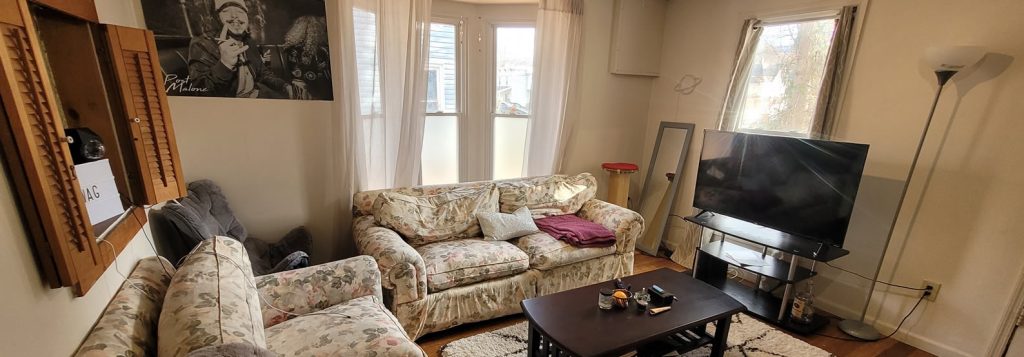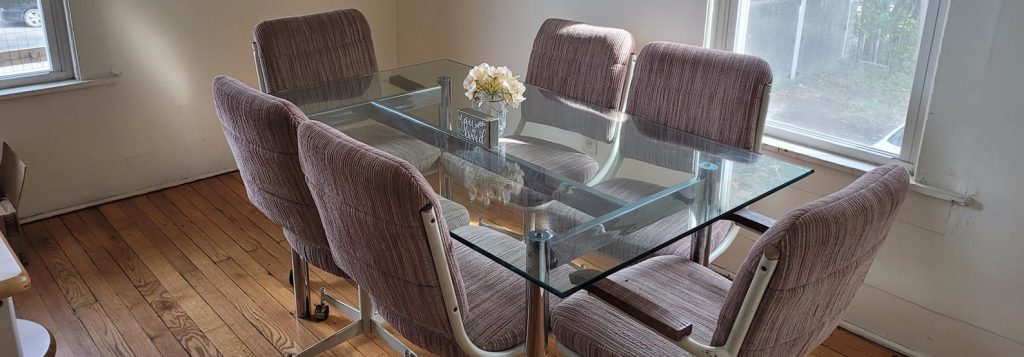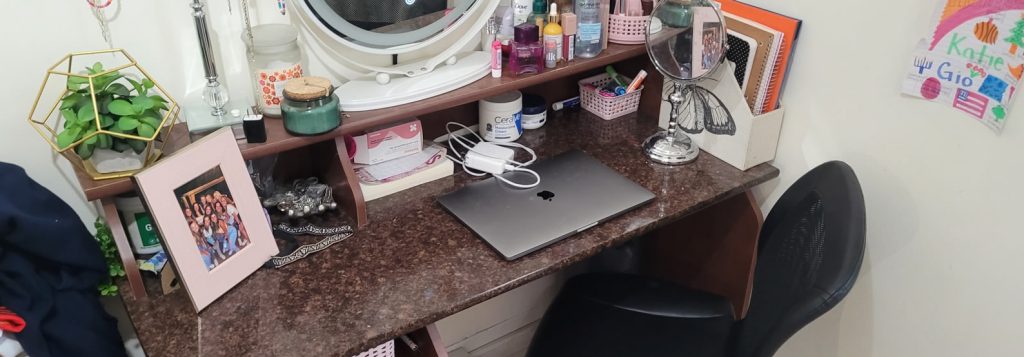Teamwork and collaboration skills are essential for success in college and in the workplace. They are essential for a number of professions, but they are especially important for those in creative industries. Creative professionals are highly reliant on their skills of collaboration and teamwork to create quality work. This is especially true in the design, advertising, writing, and illustration fields. There is a high degree of interdependence between these professions, where individual efforts are largely ineffective without contributions from others. The ability to collaborate with those around you is an essential skill for professionals in these and other fields.
The basic skills to work collaboratively with others and be able to work as part of a team include: understanding the importance of teamwork and collaboration; developing ideas and strategies that will help contribute to a team; and presenting ideas to others in an organized manner. Collaboration requires each team member to be able to communicate effectively and efficiently, listen attentively, and share their ideas with others while also understanding the motivations of each perspective. In order to collaborate well, it’s important to work in a manner that allows everyone to successfully reach their goals.
The following are important components for a successful collaborative team:
1. Critical thinking and problem solving: The key to effectively collaborating is being able to identify problems, brainstorm solutions, and execute those ideas. Being able to think critically about a situation helps people make more informed decisions about what’s best for their team as well as themselves individually. From brainstorming new ideas for a team project to understanding and solving a problem, critical thinking skills are essential.
2. Leadership: Group leaders are individuals who are able to influence others by their actions and provide direction, clarity, and support. They also work with other members of the organization in order to improve the performance of the team over time. Leading can be tricky when it comes to working in a team, and it’s not always easy for people with leading skills to step into that role. A team leader helps to direct the team’s focus and bringing out the strengths of the group.
3. Communication: Teamwork requires an effective communication mechanism between members of the team. A great way to develop team communication skills is by participating in open and honest dialogue with others. By listening deeply, you’ll also be able to gauge whether or not a particular teammate is receptive to your ideas and can take note of any necessary changes that need to be made in order for the team to be able to communicate effectively.
4. Teamwork: Teams are more likely to succeed with each person giving their best effort, and knowing how to contribute in the most flexible manner possible. Teams are also likely to flourish with a clear structure that allows for good communication and collaboration among members.
6. Adaptability: The ability for an group to be flexible enough to change its processes and direction and adapt as new information comes to light.
7. Achievement: The ability to produce an intended result in the shortest time possible
College life naturally lends itself to team building. You can participate in an athletic team sport of a student organization where people have to work together to figure things out. Participation in campus groups allows you to find solutions to challenges and helps you meet and get to know other people on your college campus. These relationships often last for your entire college career. If you are looking to join an organization, search for one that is based on teamwork and collaboration. It is a great way to get involved and meet people who share similar interests.













